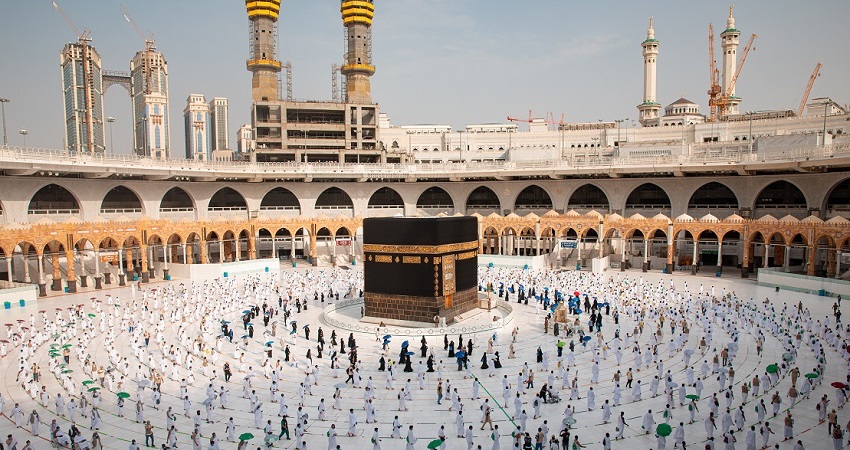Embarking on the spiritual journey of Umrah is a profound experience for Muslims around the world. It is a pilgrimage that holds immense significance and offers a chance for spiritual renewal and closeness to Allah. As you prepare for this sacred journey, understanding and adhering to the Sunnah acts can enhance your Umrah experience. These acts, performed by Prophet Muhammad (PBUH), add an extra layer of blessing and adherence to the practice.
Choosing a reliable Umrah travel agency is crucial to ensure a smooth and hassle-free journey. For pilgrims in the UK, Qibla Travels stands out as a premier Umrah travel agency, offering the most affordable and comprehensive Umrah and Hajj packages. With Qibla Travels, you can focus on your spiritual journey while we handle all the logistics.
Sunnah Acts to Follow During Umrah
1. Wearing the Ihram Garments:
One of the key Sunnah acts is donning the Ihram garments before entering the Miqat (designated boundary). For men, this involves wearing two white, unstitched cloths. Women wear simple, modest clothing that covers their entire body. The act of wearing Ihram symbolizes purity, equality, and readiness for the spiritual rituals ahead.
2. Performing Ghusl:
It is Sunnah to perform Ghusl (ritual purification) before entering the state of Ihram. This act of cleansing oneself is both a physical and spiritual preparation, symbolizing purification from sins and a fresh start for the pilgrimage.
3. Offering Two Rakats of Salah:
After donning the Ihram, it is Sunnah to offer two Rakats of Salah. This prayer is a way to seek Allah’s guidance and blessings for the pilgrimage, expressing humility and devotion.
4. Talbiyah Invocation:
Continuously reciting the Talbiyah, “Labbayk Allahumma Labbayk” (“Here I am, O Allah, here I am”), from the moment you enter Ihram until you begin Tawaf is a significant Sunnah act. This invocation signifies your response to Allah’s call and your readiness to perform Umrah.
5. Tawaf:
Performing Tawaf, the circumambulation of the Kaaba, is a core ritual of Umrah. It is Sunnah to start Tawaf at the Black Stone (Hajr al-Aswad), if possible, kissing or touching it, or simply gesturing towards it. During Tawaf, recite prayers and supplications, expressing your devotion and seeking forgiveness.
6. Raml and Idtiba:
For men, two additional Sunnah practices during Tawaf are Raml and Idtiba. Raml involves walking briskly with short steps during the first three circuits of Tawaf, while Idtiba means uncovering the right shoulder by placing the upper cloth of the Ihram under the right arm. These acts are symbolic of strength and readiness.
7. Sa’i between Safa and Marwah:
The Sa’i, walking seven times between the hills of Safa and Marwah, is a reenactment of Hagar’s search for water for her son Ishmael. It is Sunnah to start Sa’i at Safa, reciting prayers and supplications, and to continue with devotion and reflection on the perseverance of Hagar.
8. Shaving or Trimming the Hair:
After completing Sa’i, it is Sunnah for men to shave their heads or trim their hair, while women cut a small portion of their hair. This act symbolizes humility and the completion of the Umrah rituals.

